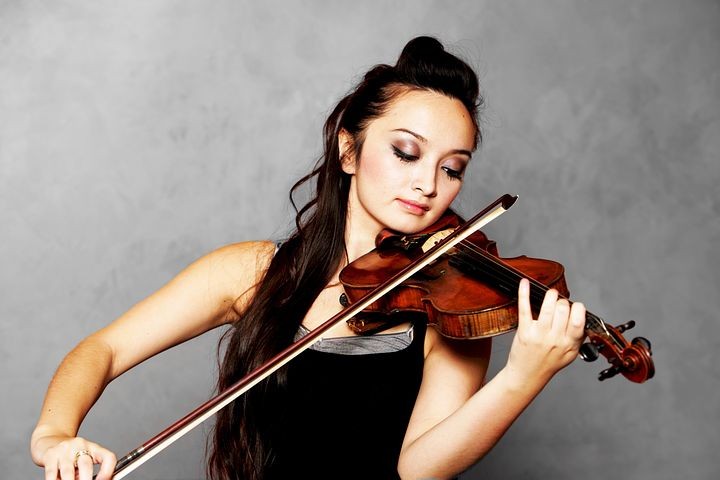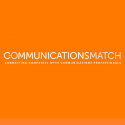New research questions the premise of the 10,000-hour rule and whether practice makes perfect.
In a new Guardian article, Blow to 10,000-hour rule as study finds practice doesn't always make perfect, researchers Brooke Macnamara, a psychologist at Case Western Reserve University in Cleveland, Ohio, and colleague Megha Maitra, note that for highly-skilled groups, practice stops making a difference at a certain point. "A complex combination of environmental factors, genetic factors and their interactions explains the performance differences across people."
Malcolm Gladwell’s book, Outliers, popularized what has become known as the 10,000-hour rule. Drawing upon research by Anders Ericsson and Robert Pool, Gladwell highlights that it takes approximately 10,000 hours to become a master at something. That translates into roughly 3 hours every day for 10 years.
This is not the first time the idea has come under scrutiny. In their book Peak: Secrets from the New Science of Expertise, Ericsson and Pool acknowledge the power of Gladwell’s simple framing of what it takes to be a master, but note that 10,000 hours isn’t really a magical number.

They argued that by simply devoting this specific amount of time, not everyone will become a great violinist. Which makes sense. What they point out is mastery of something takes both effort and training the right way.
The new research adds additional dimensions to what it takes to be an expert that go beyond practice.
10,000-Hour Rule - Public Relations & Marketing
How does this relate to PR, marketing, and communications? Simply put, it takes a huge amount of time and effort to become an expert in the increasingly complex and specialized areas of communications required to achieve a company’s marketing goals. In addition to traditional PR skill sets, today's clients need masters in areas including analytics, SEO, influencer, content, digital and email marketing. They need experts who have developed skills through training and doing.
In a rapidly changing communications world, the 10,000-hour rule should serve as a reminder that no one can sit on their laurels. We all have to work to stay current and invest in our continued professional development.
We also need to keep in mind Socrates, who said, “The only true wisdom is in knowing you know nothing.”
Knowing our limitations is a healthy starting place for companies looking to hire communications experts with the experience to do the job right. It’s equally valuable for agencies and consultants who need to look at their own capabilities and acknowledge what they are, and are not, a master of. Most of us want to believe we can do everything. Having the humility to recognize what it takes to be an expert is a powerful driver of continued learning and improvement in our ourselves and profession.
That mastery takes effort is a surprise to practitioners who have developed areas of expertise in specific industries and practice areas.
That many are tempted to claim expertise - without having put in the work to achieve it - is not news to client-organizations with a process-based approach to validating the credentials of those they work with. As I wrote in "Tunnels & Funnels: Why we make bad decisions and how we can make better ones", "scarcity" - the need for money specifically - drives many down the wrong path.
A master violinist who gets to play at Carnegie Hall is one in a million. It should be no surprise that it takes more than time to be truly exceptional. The new research does not undermine the real point of the 10,000-hour rule - becoming an expert takes effort and years of practice. While a range of factors have a role to play, a simple takeaway is there are no shortcuts.
When we look at the practice of PR, marketing, or communications, this is as true as it is for violinists.
Watch a summary video of my 2017 article on the CommunicationsMatch YouTube Channel.
